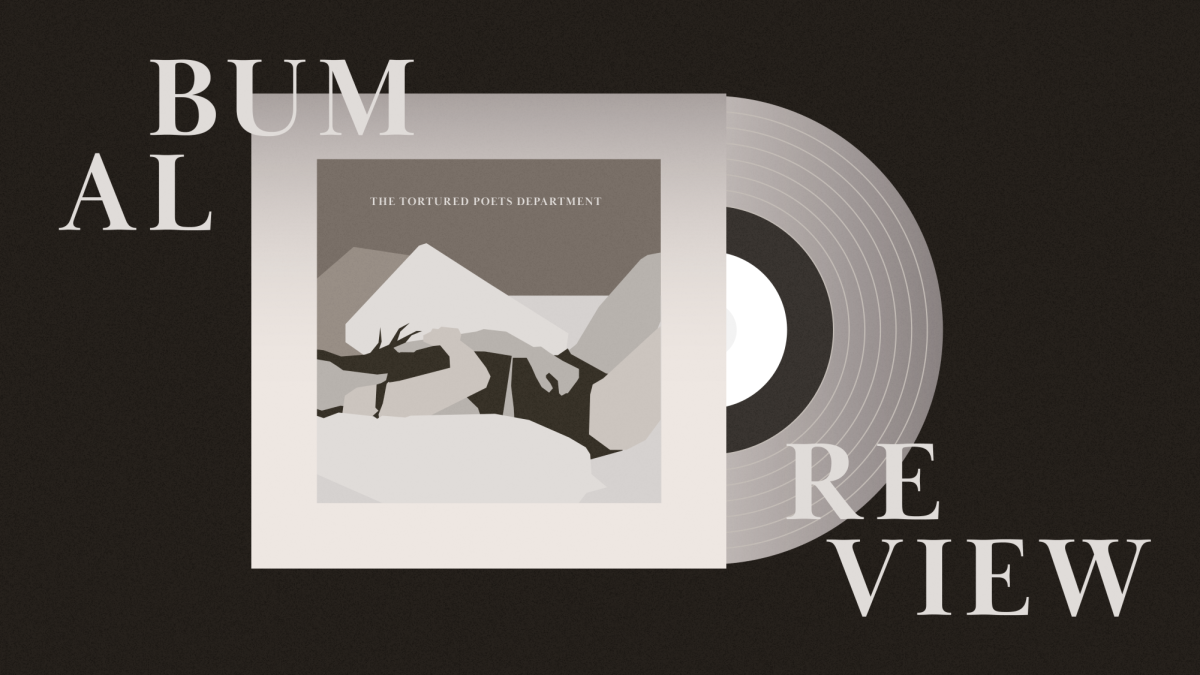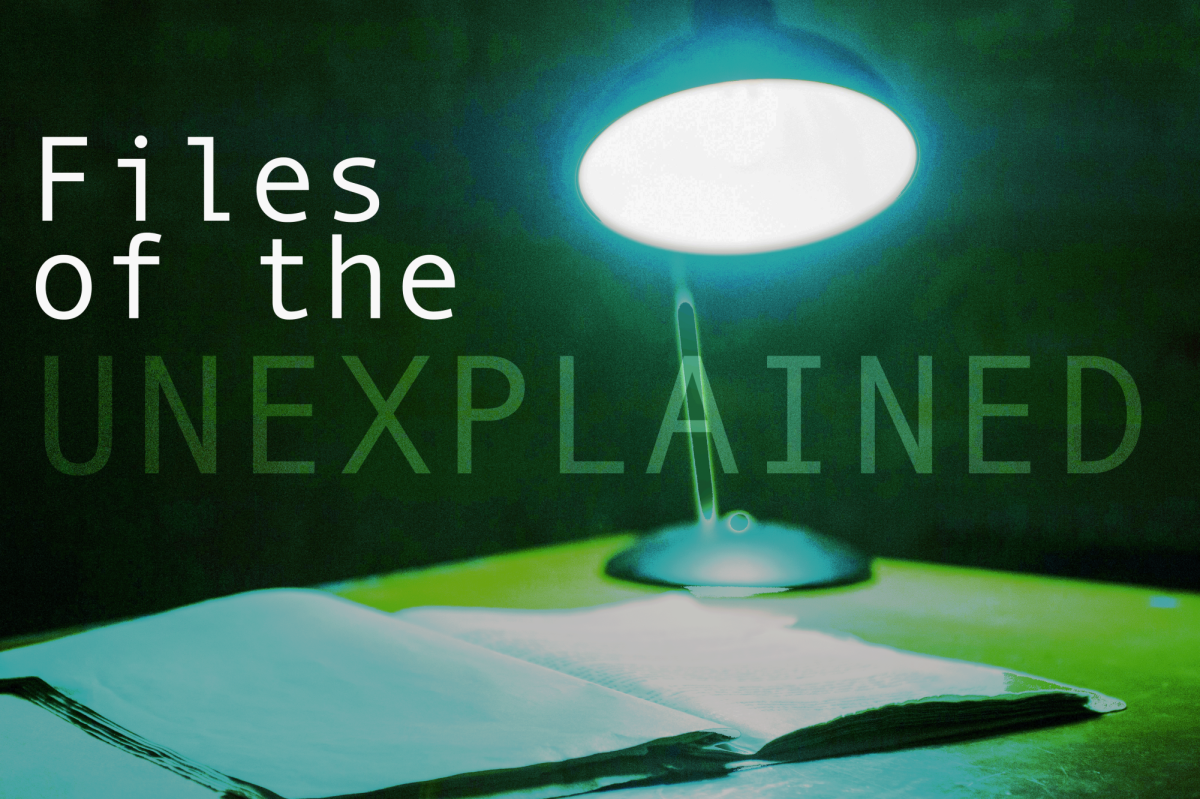With public figures such as Mitt Romney placing The Church of Jesus Christ of Latter-day Saints in the spotlight, practices of the LDS Church are coming into question, and not all are favorable.
According to a study conducted by Lawrence Research, many Americans feel that members of the church are like a rhinoceros8212;strong but short-sighted. Others felt that members are like the koala8212;gentle but potentially mean.
Gary Lawrence, founder of Lawrence Research, explained at a Hinckley Institute of Politics forum Thursday that an anti-Mormon sentiment is rising to the surface of the American psyche as former Republican presidential candidate Romney and measures such as Proposition 8 in California have brought the LDS Church into the public view.
The proposition, which recently passed in California, has sparked controversy and anger against the LDS Church in Utah because of its financial support of the bill.
For the study, Lawrence conducted random interviews with 1,000 people in all 50 states, attempting to discover how church members are perceived by non-members in the United States and why.
Lawrence, a member of the LDS Church, found that of those surveyed who knew “a lot” about Mormons, 53 percent had a positive image of the members compared to 38 percent who did not. However, of those surveyed who “did not know any Mormons,” 42 percent had a negative image of the members while 36 percent held a positive view of members.
“Inactive members know more people of other faiths than active Mormons,” Lawrence said. “Those that are active have little incentive to branch out, and as a result the Mormon Church is being represented more by their inactive members than active ones.”
Lawrence said the study showed that people who had met only one or two church members held the least favorable image of Mormons, with 59 percent harboring negative feelings toward the church. However, of respondents who knew “several” Mormons, 40 percent had a positive image versus 50 percent who held a negative image.
Lawrence said that the LDS Church needs to solve this image problem. To do this, active members need to branch out and befriend others outside of their faith.
Scott Lee, a graduate student in electrical engineering, said there is a social network in the church, so it’s easier to meet people. He said the church organizes a lot of activities where members and non-members have the opportunity to socialize.
According to the study, Lawrence said that if respondents only knew one church member, their perception of the church went down.
“If you’re talking to someone outside of your faith, use words that anyone can understand, regardless of their religious upbringing,” Lawrence said. “We Mormons have done a poor job, in my estimation, of telling people how we are different from other Christians. It is simple conversations that Mormons need to have if the image of the church will be changed.”
Members of thr LDS Church can’t rely on the media or missionaries to successfully change America’s perception of the church, Lawrence said. The change can only happen through the work of individual members.
“I realize that when talking about religion it’s important to be sincere,” said Tami Beck, a junior in architecture. “You need to have a respect and trust before really talking about faith. What’s most important is being sincere and a true friend regardless of faith.”
Lawrence began his study in April 2007 and is interested in conducting a similar analysis in the next couple of years to see what type of impact the LDS Church’s involvement has had on other religious institutions in the debate over Proposition 8, which banned gay marriage in California.
 Tyler Cobb
Tyler CobbGary Lawrence spoke Thursday in the Hinckley Institute of Politics about the perception Americans have of Mormons. Lawrence has published his 2007 study about how Americans view Mormons.











